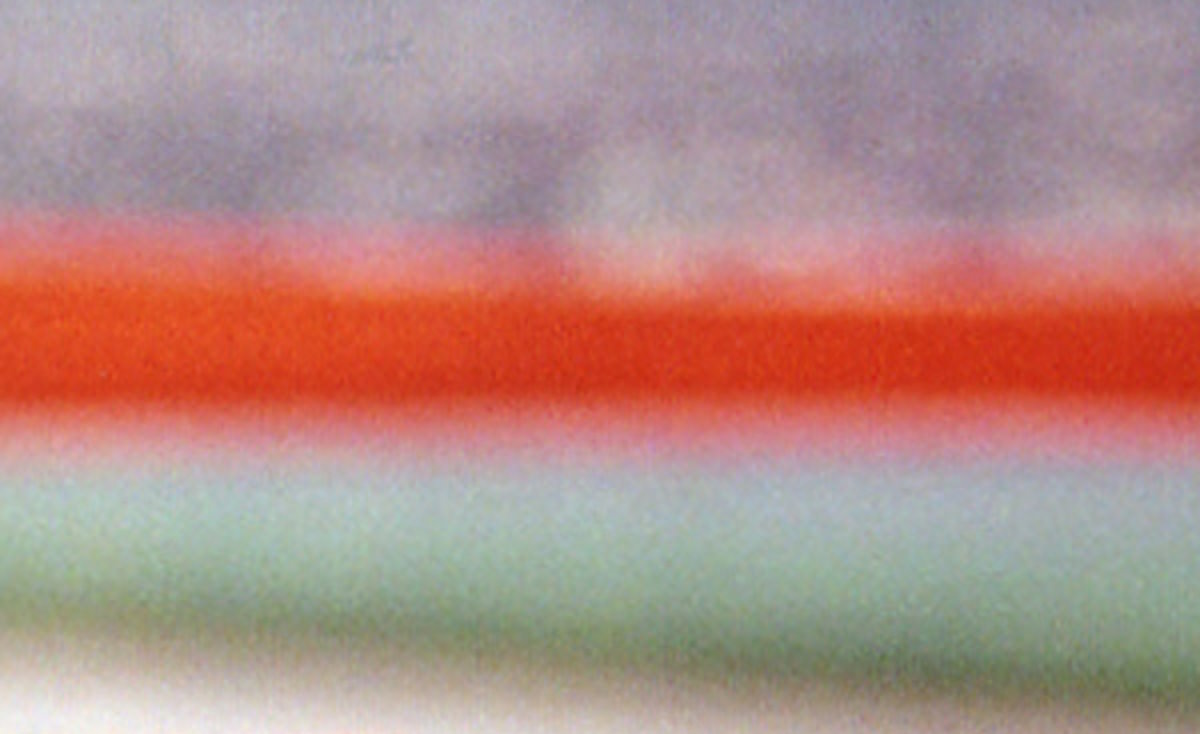Experience. Is there is a difference between ‘having an experience’ and ‘knowing an experience’?
‘Experience’ can be quite is a problematic notion. It is a well-worn term that is often used with little attention to meaning. In the twentieth century is, arguably, the work of John Dewey has done much to help rescue the notion – although even he gave up on it after a long struggle (Campbell 1995: 68). Experience, for him, is the ‘complex of all which it is distinctively human’ (1929). It stands at the centre of educational endeavour. The business of education, he wrote, ‘might be defined as an emancipation and enlargement of experience’ (1933: 340).Part of the confusion around ‘experience’ is a double-barrelled word. It is both process and content.
Like its congeners, life and history, it includes what men do and suffer, what they strive for, love, believe and endure, and also how men act and are acted upon, the ways in which they do and suffer, desire and enjoy, see, believe, imagine – in short, processes of experiencing. (Dewey 1929: 8)
He distinguished between two senses of the word ‘having an experience’ and ‘knowing an experience’. The ‘having points to the immediacy of contact with the events of life; ‘knowing’ to the interpretation of the event (Boud et al 1993: 6). Sometimes experience can be seen just in the former sense – as a sensation.
We can thus approach experience at two levels:
- Primary experience is what occurs as through a minimum of incidental reflection, and
- Secondary “reflective” experience through ‘the intervention of systematic thinking’ (Dewey 1929: 4).
The two are united. Writers on experiential learning like Boud et al (1993) have tended to follow the line that ‘experience has within it judgment, thought and connectedness with other experience’. Oakshott (1933: 9) has argued that ‘experiencing’ and ‘what is experienced’ ‘stand to one another in the most complete interdependence; they comprise a single whole’.
The relationship between ‘primary’ and ‘secondary’ experience is not a simple one-way relationship. ‘Not only do the objects of secondary experience explain the objects of primary experience, but the objects of primary experience work as a test on the theorizing that has occurred’ (Campbell 1995: 74). This is a classic theme in Pragmatist writers – C. Wright Mills (1959) was to write similarly of the need to relate private troubles with public issues.
The distinction between primary and secondary experience can be over done – it is, perhaps, best to see it as a relative, rather than an absolute, distinction. It is of ‘special i mportance’ in educational contexts (Campbell 1995: 75). The task of the educator is work with people so that they may address the initial situation – to move beyond simply knowing that ‘something happened’ into some sort of understanding what the situation means.
More recently Robin Usher (1993) has used the metaphor of reading to make sense of experience. He argues that to read is to interpret, to give meaning – and that the key feature of experience is that it has meaning. In this way the meaning of experience depends upon the interpretative process. As he goes on to argue, the metaphor of reading involves positioning. That understanding experience is to be positioned as a reader in relation to a text. This immediately brings in the self – who we are when looking at ‘experience’.
The selection
Boud. D. and Miller, N. (eds.) (1997) Working with Experience: animating learning, London: Routledge. Useful collec tion of pieces exploring experiential learning. The editors focus on animation (not so much in the French and Italian senses as ‘breathing life into’ – to activate, enliven, vivify. Includes introductory and closing pieces by the editors: Brookfield on breaking dependence on experts; Smyth on socially critical educators; Heron on helping whole people learn; Tisdell on life experience and feminist theory; Harris on animating learning in teams; and Mace on writing and power.
Campbell, J. (1995) Understanding John Dewey, Chicago: Open Court. 310 + xii pages. Excellent overview and discussion of Dewey’s thought. Chapter 3 provides a clear statement of his position re experience.
Dewey, J. (1929) Experience and Nature, New York Dover. 445 + xvii pages. Enlarged and revised edition of the Paul Carus lectures first delivered in 1925. Examines experience and philosophical method; experience; nature; and experience, nature and art.
Dewey, J. (1934) Art as Experience, New York: Perigee Books. 355 pages. Based on lectures given in 1932, this book contains useful chapters on having an experience; the act of expression, as well as matieral around the nature of form etc.
Dewey, J. (1939) Education and Experience, New York: Collier Books. 91 pages. Concise statement of Dewey’s educational philosophy. Includes chapters on the need of a theory of experience; on criteria of experience; and experience as the means and goal education.
Other references
Usher, R. (1993) ‘Experiential learning or learning from experience: does it make a difference?’, in D. Boud, R. Cohen and D. Walker (eds.) Using Experience for Learning, Buckingham: Open University Press.
Acknowledgements: Picture by Ry. Sourced from Flickr and reproduced here under a Creative Commons Attribution-NonCommercial-ShareAlike 2.0 Generic (CC BY-NC-SA 2.0) licence. http://www.flickr.com/photos/drl/4008199/
© Mark K. Smith 1996.
